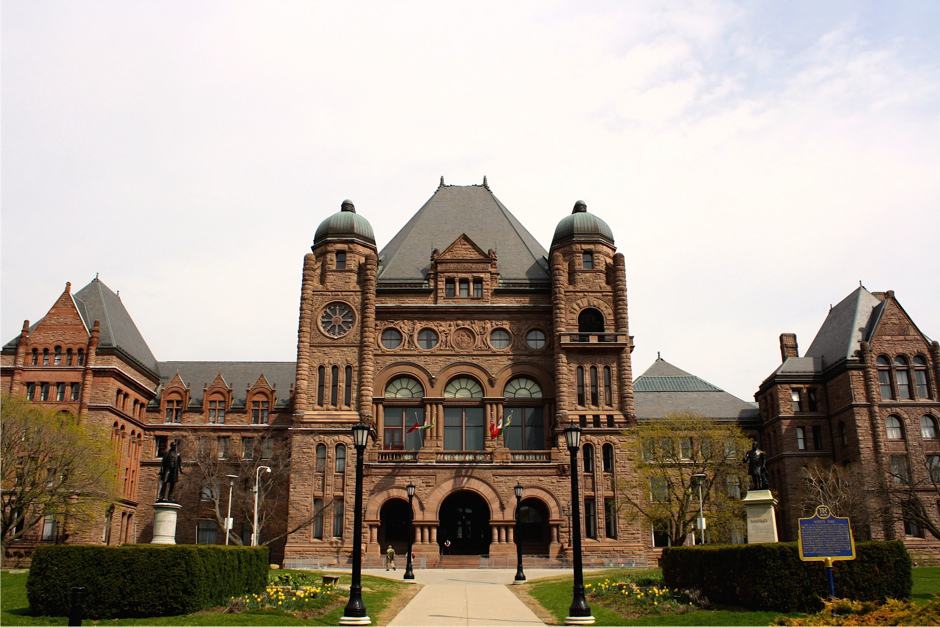Both the Ontario Undergraduate Student Alliance (OUSA) and the Canadian Federation of Students-Ontario (CFS-O) are calling on Ontario’s parties to increase investment in post-secondary education.
On May 2, Ontario New Democratic Party (NDP) leader Andrea Horwath announced that her party would not support the provincial budget tabled by the Liberals. In the past the NDP had propped up the minority Liberal government, which was defeated on the budget.
Ontario Liberal Party leader Kathleen Wynne has vowed to re-introduce the budget if elected. The Liberal Party declined comment for this story, citing the upcoming election.
Teresa Armstrong, NDP critic for Training, Colleges, and Universities, criticized the budget for failing to deliver affordable, accessible post-secondary education in Ontario.
“The 2014 budget presented by the Wynne Liberal government contains no real plan to make college and university more affordable; it takes no action to reduce tuition fees, and does nothing to relieve the debt burden faced by students,” said Armstrong.
Ontario post-secondary students currently pay the highest average tuition fees in Canada and have the highest debt loads. Ontario also has the lowest per-student funding in Canada, with real per-student provincial funding falling since 2008-2009.
The number of university students studying in Ontario has increased by over 153,000 since 2002-2003 to 456,460.
Alastair Woods, chairperson of the CFS-O, expressed concern over the lack of new funding for post-secondary education. In budget submissions earlier this year, the CFS-O had called for a 30 per cent tuition fee reduction over three years, by repurposing money set aside for the Ontario Tuition Grant and education tax credits.
“The 2014 budget contained nothing for students in Ontario,” Woods said, adding: “[T]he government committed no new spending to address rising tuition fees or to improve the quality of education at public colleges and universities.”
Amir Eftekarpour, president of OUSA, echoed Woods’ concerns. “Prior to its release, the premier had stated that this budget would represent an opportunity to make strategic investments in Ontario’s future. Unfortunately, students have noted that this budget largely fails to include any investments aimed at increasing the accessibility or affordability of Ontario’s higher education system,” he said.
Although the CFS-O and OUSA expressed concern over a lack of new investment in post-secondary education, both groups were optimistic about the budget’s commitment of an additional $500 million over 10 years to address deferred maintenance at universities and colleges.
U of T’s deferred maintenance rose to $505 million last year according to a report at the January 27 meeting of the Business Board of Governing Council.
The budget also included a commitment of $250 million over three years to research infrastructure through the Ontario Research Fund (ORF).
Both Eftekarpour and Woods expressed hope that, with a provincial election looming, Ontario’s major parties will bring forward increased investments for higher education in their election platforms.
“An educated populace is the strongest silver bullet possible for Ontario’s future. If today’s graduates are able to gain real skills and graduate with some money in their pockets, as opposed to a huge debt load, they have far more potential to thrive and create benefits for the rest of the province,” said Eftekarpour.
The provincial election is scheduled to take place on June 12.


